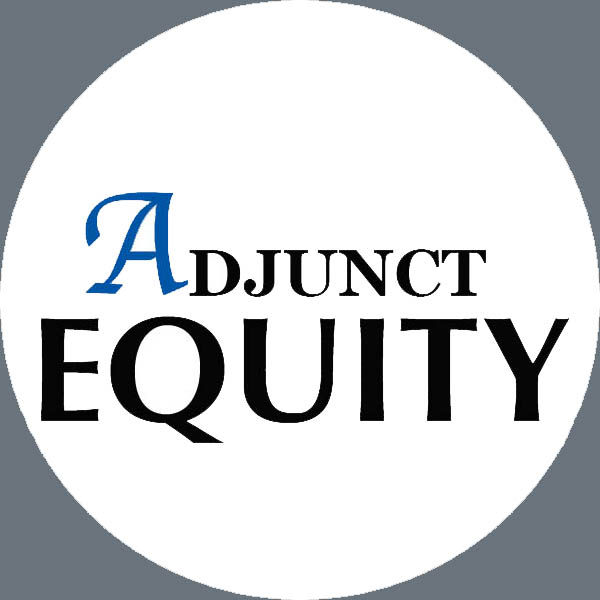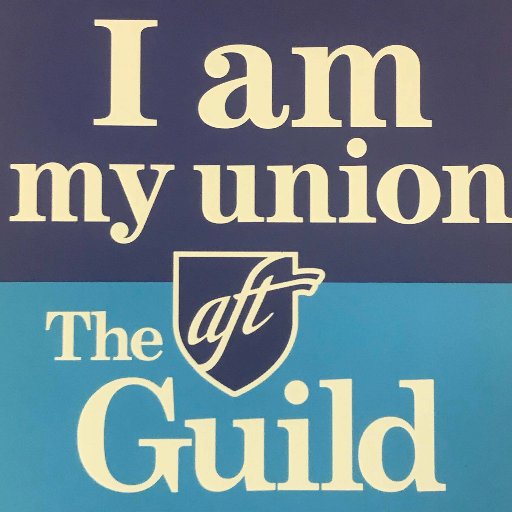By James Miller
Despite the mainstream media chorus about our “good economy” things aren’t so great for the average American worker when 4 in 10 Americans couldn’t put together $400 in cash to meet an emergency expense, 6 in 10 couldn’t meet 3 months of expenses if they lost their jobs, only 36% of workers are on track with their retirement savings, and a quarter of Americans have skipped some kind of medical treatment in the past year because of finances.
Unfortunately, the basic reality is that 80% of American workers are living from paycheck to paycheck and most of them can’t really afford college, childcare, housing, or healthcare.
And now comes the news, lost in the impeachment circus, that income inequality is at the highest rate we’ve seen in decades. As the Washington Post reported:
Income inequality in the United States has hit its highest level since the Census Bureau started tracking it more than five decades ago, according to data released Thursday, even as the nation’s poverty and unemployment rates are at historic lows.
The gulf is starkest in wealthy regions along both coasts such as New York, Connecticut, California and Washington, D.C., as well as in areas with widespread poverty, such as Puerto Rico and Louisiana. Equality was highest in Utah, Alaska and Iowa.
And while the nation is in the midst of its longest economic expansion, nine states saw spikes in inequality from 2017 to 2018: Alabama, Arkansas, California, Kansas, Nebraska, New Hampshire, New Mexico, Texas and Virginia.
Thus, underneath all the talk about low unemployment and higher incomes for workers lies a less comforting truth. Even the good news isn’t that good. For instance, the middle class isn’t really gaining much of anything in real terms. The same Post piece notes that, “Though the gap between the richest and poorest expanded, the nation’s median household income topped $63,000 for the first time. However, after adjusting for inflation, it’s roughly the same as it was 20 years ago.”
Thus, all boats aren’t rising together.
Perhaps that’s why even some of the beneficiaries of America’s soaring income inequality are getting nervous about the hollowing out of the American Dream. Recently, members of a group called “Patriotic Millionaires” wrote a column for the Guardian decrying the fact that, “Inequality in America is out of control. From 1989 to 2018, the top 1% of Americans increased their cumulative wealth by an astounding $21tn, while the bottom 50% of the country saw their share decrease by $900bn”.
Calling the American system “fundamentally broken” and “hijacked by the ultra-wealthy,” these members of the 1% admirably admit that their success was part of a collective effort that provided roads to opportunity that are now not available for many of us:
Neither of us succeeded on our own. Our business benefited immensely from our country’s and state’s infrastructure, which we did not create. For example, we had the advantage of an affordable and outstanding public education system at the University of Utah, and of a complex and thorough system of laws and rules that we learned to successfully navigate . . .
Today, for much of our country, there are more barriers blocking opportunity than there are pathways leading to it. The tax cuts passed by Congress in December 2017 accelerated the concentration of wealth at the very top, at the expense of our rapidly deteriorating institutions and infrastructure that once allowed Americans to climb the ladder of opportunity.
As a result of this, this group of millionaires is calling for more taxes on the rich to fund infrastructure and public programs as well as a higher minimum wage that provides a dignified living for all workers.
Such a declaration by folks in the business elite following in the footsteps of the statement put out by hundreds of American CEO’s calling for more collective responsibility is remarkable. It is evidence, perhaps, that reasonable people at the top of the economic ladder see the deep dangers of soaring inequality for our economy and society.
One might reasonably be skeptical too, knowing that calling for giving up a little might be inoculation against political appeals for much bolder systemic change.
In any event, looking at the national political landscape, it is fair to ask why, given the opening that exists at present, progressives would hesitate to seize the moment and finally put forth a presidential candidate like Bernie Sanders or Elizabeth Warren who are offering proposals that address the corrosive effects of economic inequality head-on rather than sticking to stale neoliberal pablum and weak half-measures.
Now is the time to start talking about big structural changes before we are left wondering how our democracy slid into entrenched oligarchy.






0 Comments